
Discover Moroccan Cinema: From Local Stories to Global Screens
Moroccan cinema is more than just entertainment it’s a window into a vibrant culture, a reflection of complex social realities, and a rising force on the global stage. From the bustling medinas of Casablanca to the vast landscapes of the Sahara, Moroccan filmmakers have long drawn inspiration from their country’s diverse geography, rich history, and multifaceted identity.
Over the past few decades, Morocco’s film industry has evolved from modest national productions to internationally celebrated works, showcasing stories that resonate far beyond its borders. Directors are winning awards at major festivals, actors are landing roles in Hollywood, and Morocco’s dramatic scenery has become a go-to backdrop for global filmmakers.
In this guide, we’ll explore the fascinating journey of Moroccan cinema from its historical roots to its modern-day recognition. You’ll meet the visionary directors, talented actors, and breakthrough films that have helped shape Morocco’s cinematic identity. Whether you’re a cinephile, a culture lover, or just curious about what makes Moroccan film so unique, this is your invitation to step into the world of Moroccan cinema where local stories light up global screens.
Key Themes in Moroccan Film
Moroccan cinema is celebrated not only for its visual beauty and compelling characters but also for the powerful themes it explores. Grounded in the country’s rich cultural and historical context, Moroccan films often serve as mirrors of society raising questions, challenging taboos, and sparking important conversations. Here are some of the most prominent themes:
1. Identity and Belonging
From navigating between tradition and modernity to reconciling Arab, Berber (Amazigh), and African roots, questions of identity are central to many Moroccan films. Directors often delve into what it means to be Moroccan in a rapidly changing world, with characters caught between the old and the new, the local and the global.
2. Migration and Diaspora
The desire to migrate and the consequences of doing so are recurring motifs. Films explore the hopes and hardships of those who leave Morocco in search of a better life, as well as the emotional complexities of returning. This theme resonates with the experiences of the large Moroccan diaspora across Europe, particularly in France, Spain, and Belgium.
3. Women’s Rights and Gender Roles
Gender inequality and the female experience are often tackled with courage and nuance. Films like Adam by Maryam Touzani and Marock by Laïla Marrakchi address issues ranging from single motherhood to social pressure and personal freedom. Female directors and characters have increasingly taken center stage, offering diverse and authentic perspectives.
4. Religion and Spirituality
Moroccan films frequently engage with Islam not only as a religious force but also as a cultural and political presence. These portrayals tend to be introspective rather than dogmatic, often highlighting personal struggles, moral dilemmas, and the tensions between faith and modern life.
5. Social Inequality and Urbanization
Economic disparity, rural marginalization, and the chaotic rhythm of urban life are vividly portrayed. Cities like Casablanca, Tangier, and Marrakech become characters in their own right, bustling with energy, tension, and contradiction.
6. Amazigh (Berber) Culture and Language
Moroccan cinema has increasingly embraced the Amazigh identity, showcasing indigenous languages, traditions, and stories. This shift reflects broader efforts within Morocco to recognize and preserve its Amazigh heritage, long underrepresented in mainstream media.
These themes make Moroccan films deeply human and universally relatable, while also offering unique insights into a society at the crossroads of Africa, the Arab world, and Europe.
Influential Moroccan Directors
The growth of Moroccan cinema owes much to a group of bold, visionary filmmakers who have shaped the industry both at home and on the global stage. These directors have tackled complex social issues, challenged norms, and introduced international audiences to Moroccan voices and stories. Here are some of the most influential names:
Nabil Ayouch
One of Morocco’s most internationally recognized directors, Nabil Ayouch is known for tackling difficult social realities head-on. His films often focus on marginalized communities and taboo subjects. Ali Zaoua: Prince of the Streets (2000), which follows homeless children in Casablanca, gained widespread acclaim. Later works like Much Loved (2015), about sex workers, and Casablanca Beats (2021), about youth empowerment through hip hop, were both screened at Cannes and sparked national conversations.
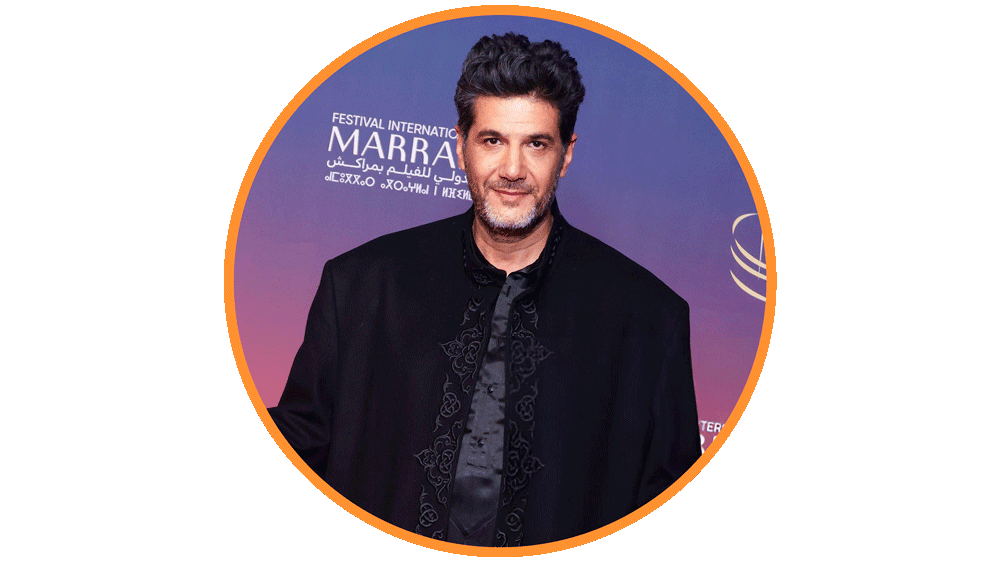
Faouzi Bensaïdi
Faouzi Bensaïdi is widely regarded as one of Morocco’s most visionary filmmakers. Originally trained in theatre, Bensaïdi brings a unique blend of poetic visuals and hard-edged realism to the screen. His films often explore themes of alienation, social pressure, and the contradictions of modern Moroccan life. Works like A Thousand Months and Death for Sale have earned him international acclaim, especially for their deeply human stories told with a striking cinematic style. Bensaïdi is known for pushing boundaries stylistically and thematically often merging noir, drama, and dark comedy in inventive ways.

Laïla Marrakchi
Laïla Marrakchi, on the other hand, offers a bold, female-driven perspective on Moroccan society. Her breakout film Marock sparked national debate for its depiction of interfaith romance and upper-class youth culture in 1990s Casablanca. Despite the controversy, the film became a cultural landmark, especially among young viewers. Marrakchi continued to explore family, gender roles, and societal expectations in Rock the Casbah, and has since expanded her reach globally, directing episodes of the Netflix series The Eddy. Her work balances emotional storytelling with modern themes, making her a defining voice in contemporary Moroccan cinema.
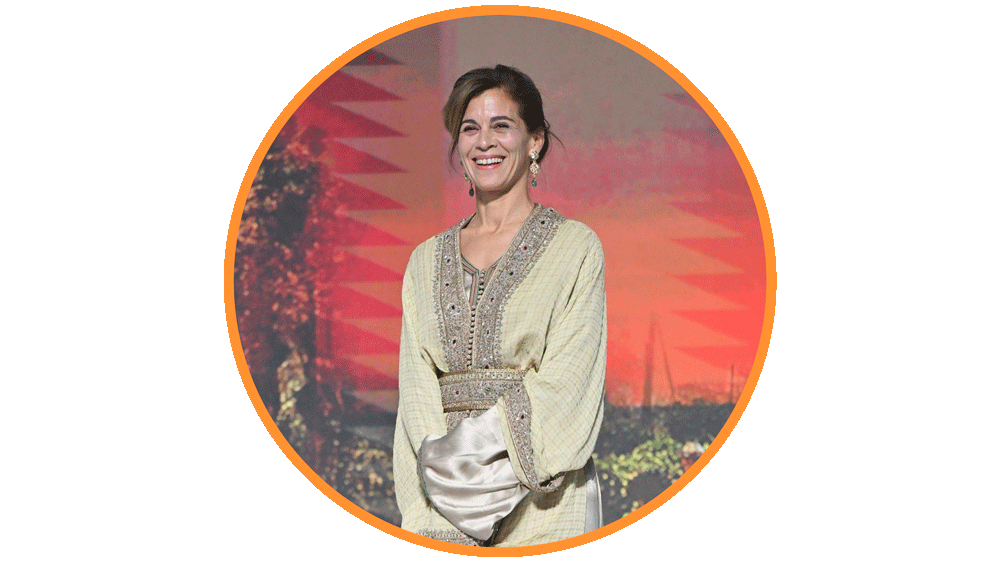
Farida Benlyazid
Farida Benlyazid stands as a pioneering figure in Moroccan cinema, particularly as one of the first prominent female directors in a male-dominated industry. Her work often centers on the spiritual and intellectual dimensions of Moroccan women’s experiences. In films like A Door to the Sky (Bab al-sama’ maftuh, 1989), she beautifully weaves themes of faith, feminism, and identity, telling the story of a Westernized Moroccan woman reconnecting with her roots. Benlyazid’s films are thoughtful and lyrical, often exploring the intersection of modern life and spiritual heritage. Her voice has been instrumental in challenging stereotypes and reshaping how women are represented on the Moroccan screen.
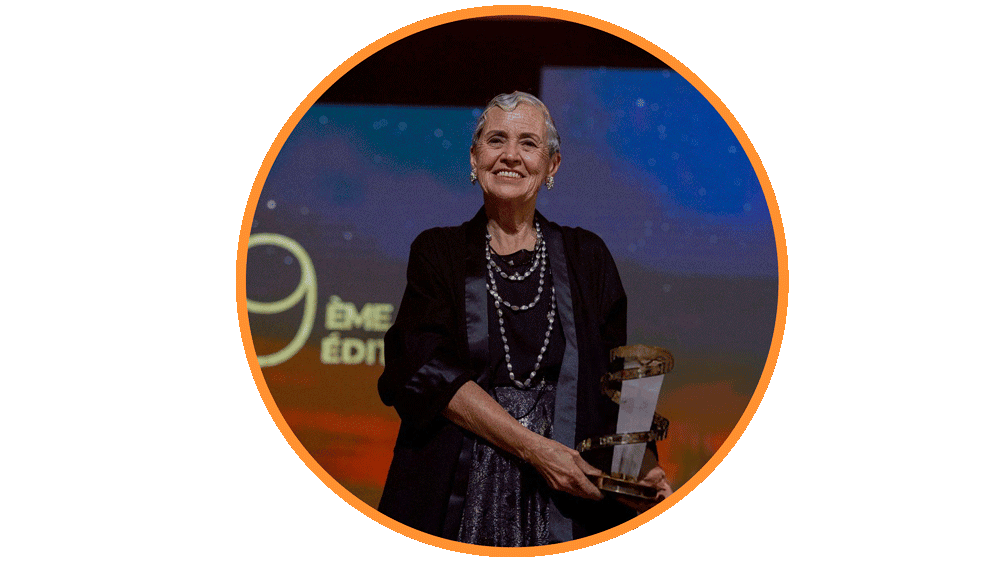
Moumen Smihi
Moumen Smihi is considered one of the founding fathers of modern Moroccan auteur cinema. Emerging in the 1970s, his work is marked by political engagement and philosophical depth. Influenced by the post-colonial struggles of the Arab world, Smihi’s films often delve into themes of exile, identity, and cultural memory. His early short El Chergui (The Violent Silence, 1975) is regarded as a turning point in North African cinema for its poetic yet subversive style. Throughout his career, Smihi has balanced intellectual rigor with artistic beauty, crafting films that resonate with both critics and cinephiles. He remains an enduring voice in Morocco’s cinematic evolution.
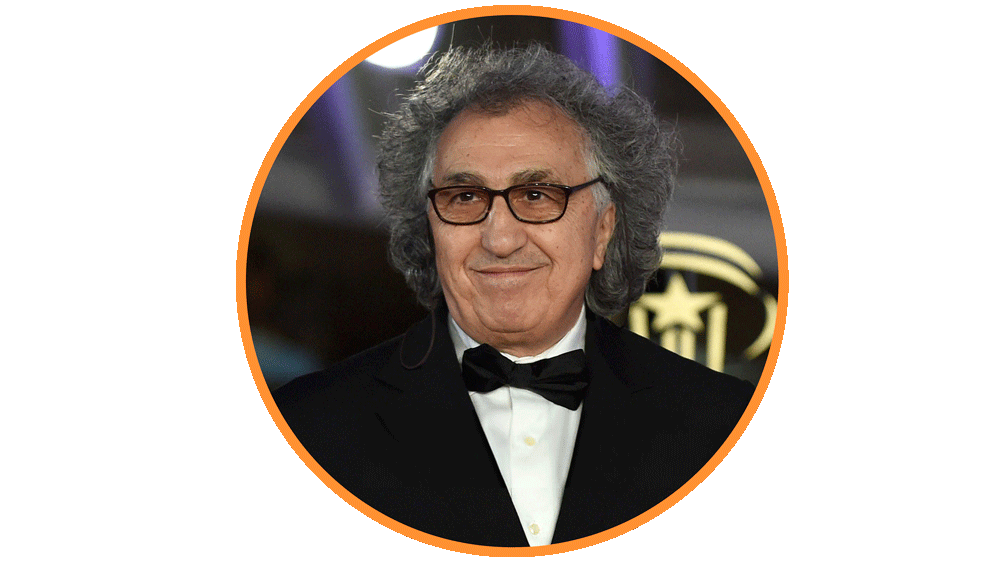
Maryam Touzani
As both a director and screenwriter, Maryam Touzani is part of the new wave of Moroccan filmmakers bringing nuanced and emotionally rich stories to the screen. Her film Adam (2019), about an unwed pregnant woman seeking refuge in Casablanca, premiered at Cannes and was Morocco’s submission for the Oscars.
These filmmakers have helped Moroccan cinema transition from a domestic industry into a globally respected cultural movement. Each one brings a distinct voice, yet all share a commitment to telling authentic, impactful stories.
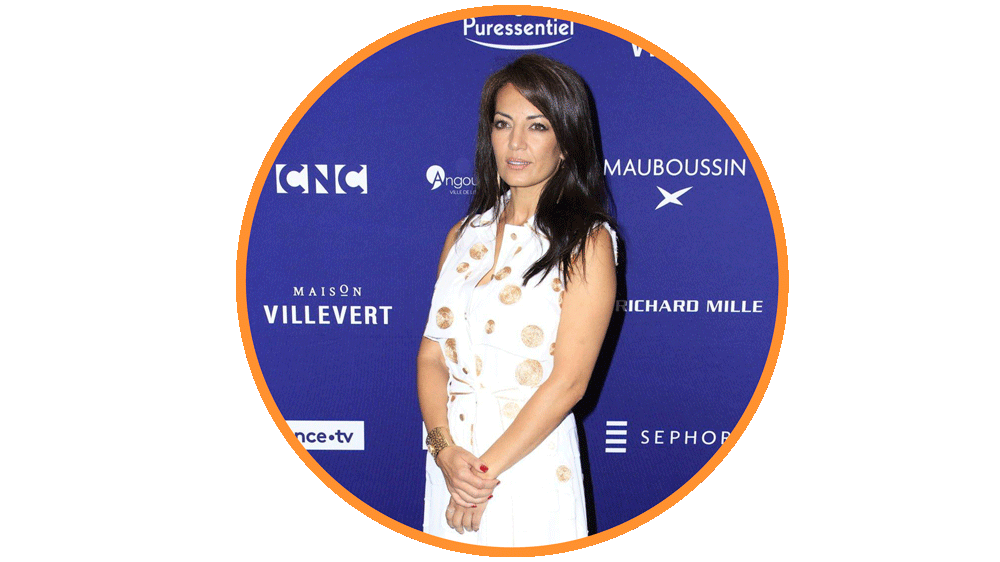
Saïd Taghmaoui
Born in France to Moroccan parents, Said Taghmaoui is perhaps Morocco’s most globally recognized acting export. He first gained fame with his breakout role in La Haine (1995), a landmark French film about urban youth. Since then, Taghmaoui has built a solid international career with roles in major Hollywood productions like Three Kings, Wonder Woman, and American Hustle. Fluent in multiple languages and versatile across genres, he’s helped bridge Moroccan identity with global storytelling.
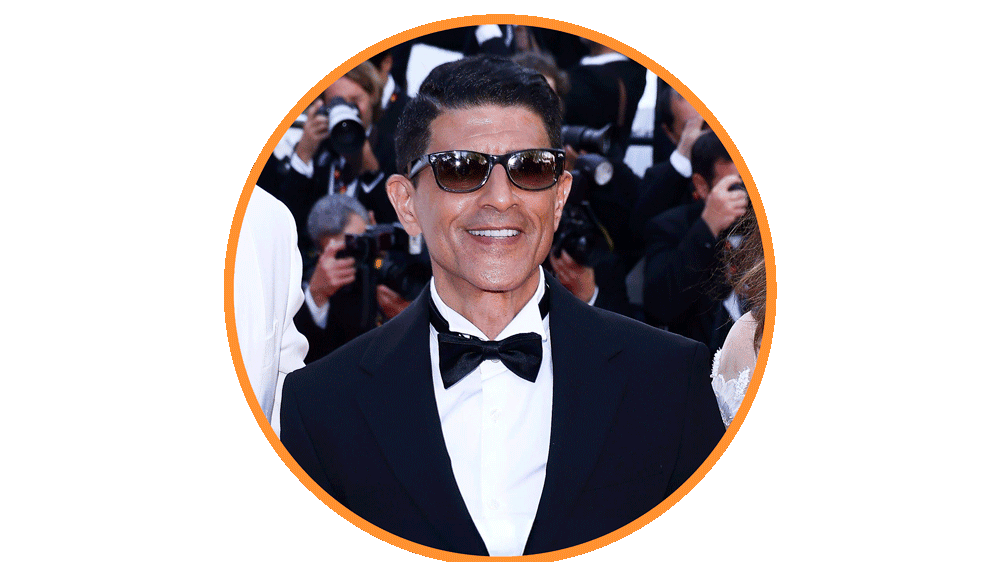
Nisrin Erradi
Nisrin Erradi is one of the most compelling faces of the new generation in Moroccan cinema. She gained critical acclaim for her leading role in Adam (2019), a touching drama directed by Maryam Touzani that premiered at the Cannes Film Festival. Erradi played Samia, a pregnant young woman seeking refuge in Casablanca, delivering a performance praised for its quiet strength and emotional depth. The film not only earned international recognition but also spotlighted Erradi’s raw talent and screen presence.
Her work reflects the nuanced struggles of Moroccan women with authenticity and grace, making her one of the most important voices in contemporary Moroccan acting. As her career continues to grow, Erradi is poised to take on more challenging roles that cross borders and resonate with audiences worldwide.
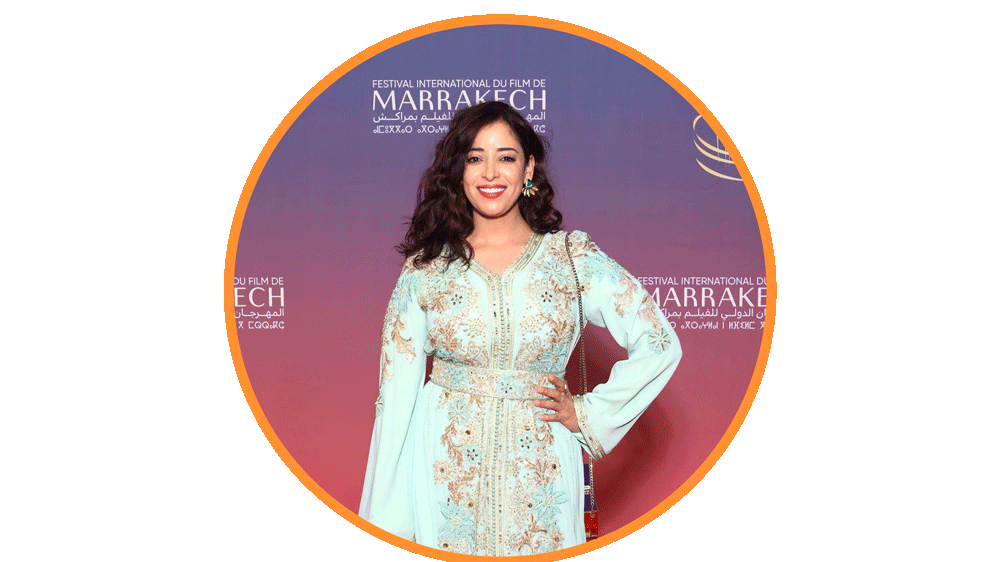
Lubna Azabal
Of mixed Moroccan and Belgian descent, Lubna Azabal is an acclaimed actress known for her intense, emotionally charged performances. She gained international recognition with her role in Denis Villeneuve’s Incendies (2010), a film that earned an Academy Award nomination for Best Foreign Language Film. Azabal has starred in a range of Moroccan, French, and English-language films, often portraying complex women caught between cultures and conflicts.
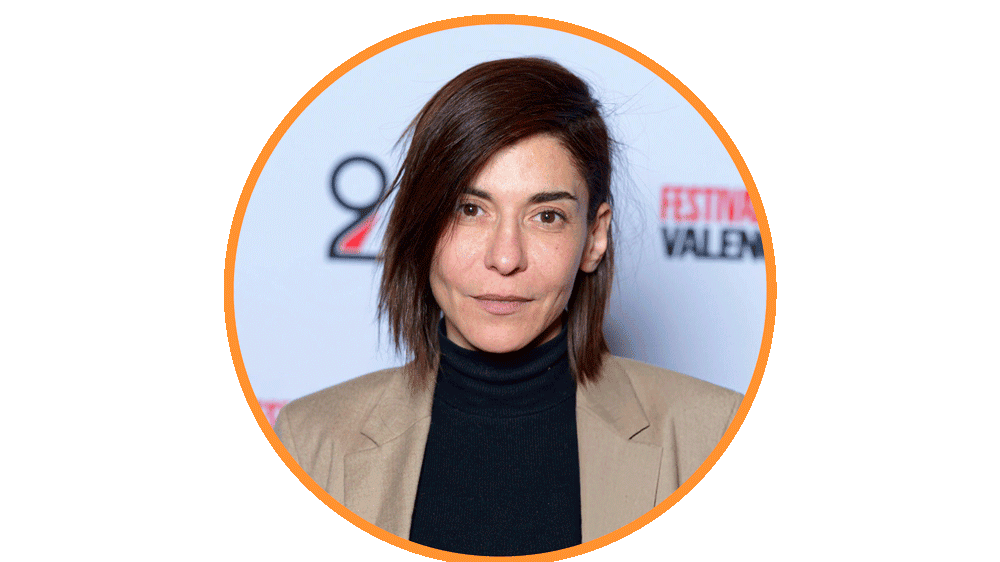
Younes Bouab
Younes Bouab is a standout Moroccan actor known for his compelling performances in both local and international productions. He gained international recognition in Netflix’s The Spy (2019), portraying a high-ranking Syrian officer. In Morocco, he shined in Casablanca Beats (2021), playing a teacher who inspires youth through hip hop. Trained in France, Bouab brings intensity and nuance to every role. Fluent in multiple languages, he bridges Moroccan and global cinema effortlessly. His work continues to earn praise at major festivals. Bouab is fast becoming a defining face of modern Moroccan film.
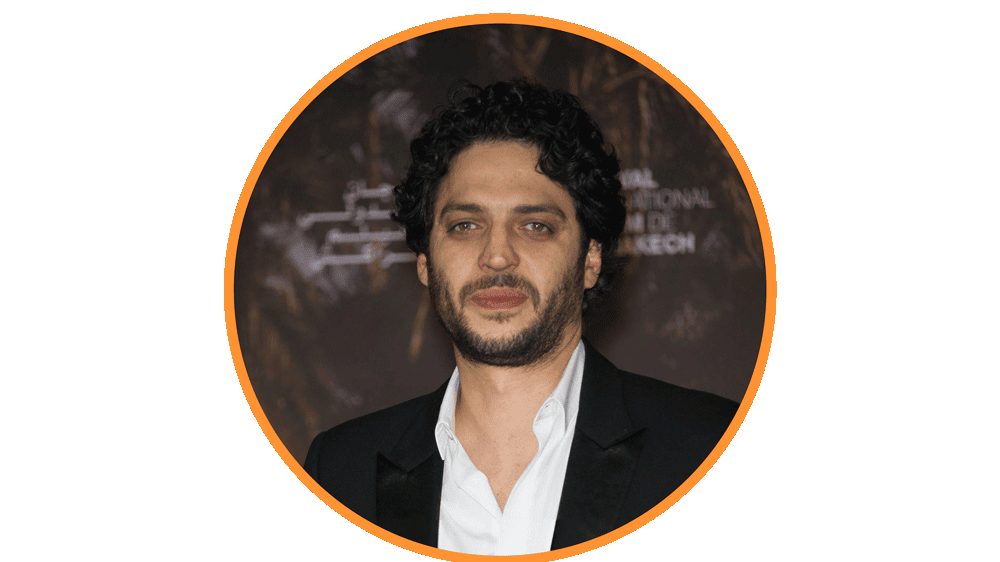
Morjana Alaoui
Morjana Alaoui rose to prominence with her powerful performance in Marock (2005), and later stunned audiences in the French horror film Martyrs (2008). Known for her emotional depth and strong screen presence, she often plays characters that navigate trauma, transformation, or cultural tension. Alaoui’s career reflects the increasing crossover between Moroccan and European cinema.

Mohamed Khouyi
A veteran of Moroccan film and television, Mohamed Khouyi is known for his strong, authoritative roles in dramas that explore national history, family, and justice. His work is especially celebrated in Morocco, where he remains one of the most respected names in the industry.
These actors represent the dynamic talent pool emerging from Morocco, capable of captivating audiences around the world. Their success not only highlights individual brilliance but also reflects the growing global interest in Moroccan stories and perspectives.
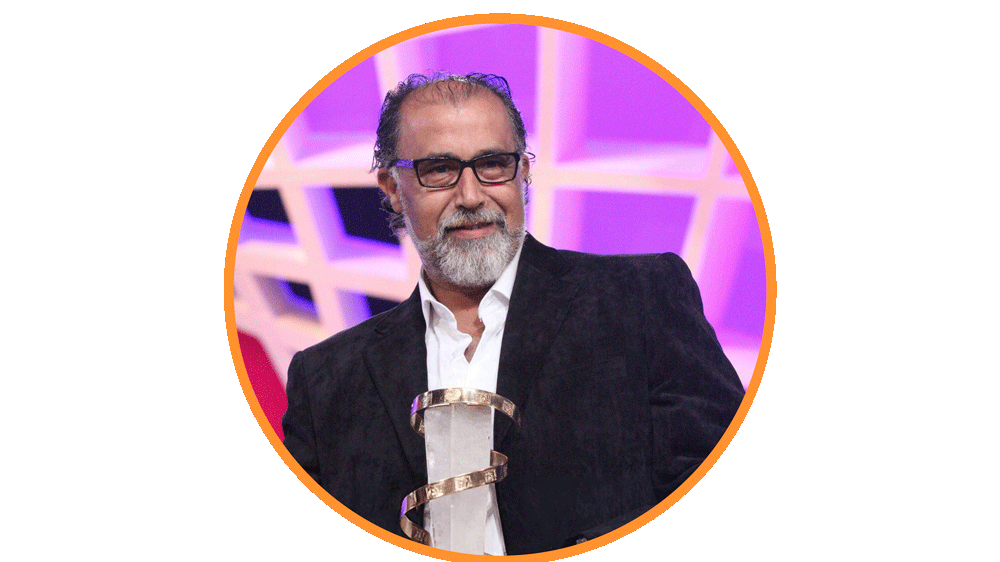
Morocco as a Filming Destination
Beyond producing its own celebrated films, Morocco has also become one of the world’s most sought-after filming locations. Thanks to its stunning landscapes, historical architecture, and skilled local crews, the country has attracted major international productions for decades earning its nickname as “Hollywood of Africa.”
Ouarzazate and Atlas Studios
The desert city of Ouarzazate is the beating heart of Morocco’s film production industry. Home to Atlas Studios, one of the largest film studios in the world, the area has been a backdrop for countless Hollywood blockbusters and TV series.
Major productions filmed here include:
- Gladiator (2000)
- Kingdom of Heaven (2005)
- The Mummy (1999)
- Game of Thrones (used Aït Benhaddou as a stand-in for the city of Yunkai)
- Babel (2006)
The nearby Aït Benhaddou, a UNESCO World Heritage site, is especially popular for its timeless, earthen architecture perfect for historical epics and fantasy tales.
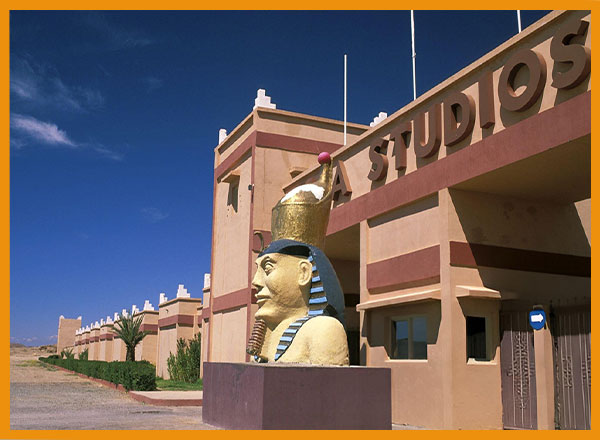
Diverse Filming Locations
Morocco’s geographic and architectural diversity allows it to double for a wide range of settings:
- Sahara dunes stand in for alien planets or ancient deserts.
- Casablanca and Rabat offer a mix of colonial and modern cityscapes.
- Chefchaouen’s blue-washed medina and Fez’s labyrinthine alleys bring an atmospheric touch to historical and art films.
- Coastal towns like Essaouira have hosted scenes for period dramas and adventure films.
Local Expertise and Government Support
Morocco has developed a well-trained pool of film professionals, from set designers to camera crews, who work regularly on international productions. The Moroccan government, through the Centre Cinématographique Marocain (CCM), offers filming incentives, tax benefits, and streamlined logistics to attract foreign projects.
Impact on the Local Economy
The influx of film crews has significantly benefited the local economy, especially in regions like Ouarzazate. It has created jobs, fostered tourism, and encouraged investment in film-related infrastructure, including training centers and post-production facilities.
Whether it’s doubling as ancient Rome, a futuristic dystopia, or a mythical kingdom, Morocco continues to be a dream location for filmmakers worldwide while also serving as a launchpad for its own cinematic stories.
Rising Stars and New Voices
While veteran directors and actors have paved the way, a fresh generation of Moroccan talent is redefining the country’s cinematic future. These rising stars and emerging voices are bringing new energy, perspectives, and styles to the screen tackling modern themes with bold storytelling and global appeal.
New Generation of Filmmakers
A wave of young Moroccan directors is emerging with innovative narratives that speak to contemporary issues such as youth identity, technology, urban alienation, and freedom of expression.
- Abdelilah Eljaouhari is gaining attention for films that blend social realism with sharp emotional insight.
- Hicham Lasri, known for his surreal, experimental style, addresses themes of trauma, political repression, and post-Arab Spring anxieties. His film The Sea Is Behind (2014) challenged societal norms and gained recognition at Berlin and Dubai film festivals.
- Sofia Alaoui, a French-Moroccan director, won the Sundance Grand Jury Prize in 2020 for her short film So What If the Goats Die. Her work often blends folklore with speculative fiction and is seen as a bridge between traditional and futuristic Moroccan cinema.
Young Acting Talents
A new crop of actors is making its mark on both domestic and international screens:
- Ayoub Missioui, praised for his performances in indie dramas, brings sensitivity and depth to youthful characters grappling with societal pressure.
- Sarah Perles, who starred in Sofia (2018), is quickly becoming one of the country’s most promising young actresses. Her roles often highlight the struggles of women navigating between tradition and autonomy.
- Hamza Belarbi and Ikram Azzouz are rising stars who have begun to appear in Moroccan television and streaming productions, drawing younger audiences into the national film narrative.
The Role of Film Schools and Festivals
Institutions like the Superior School of Visual Arts of Marrakech (ESAV) and the ISCA in Rabat are nurturing new talent, equipping students with technical skills and artistic vision. Meanwhile, festivals like the National Film Festival of Tangier and Casablanca’s International Short & Documentary Film Festival serve as crucial platforms for discovering and promoting emerging voices.
This new wave of filmmakers and actors ensures that Moroccan cinema remains dynamic, relevant, and forward-looking. As they explore fresh topics and experiment with form and genre, these rising stars are shaping a cinematic future that’s as diverse and boundary-pushing as the country itself.
Where to Watch Moroccan Films
For those eager to explore Moroccan cinema, there are now more ways than ever to discover the country’s rich storytelling from local screenings to global streaming platforms. Whether you prefer traditional theaters, film festivals, or online access, here’s where to find the best Moroccan films:
Local Cinemas and Film Festivals
- National Film Festival of Tangier and the Moroccan National Film Festival in Rabat showcase the latest Moroccan productions alongside regional and international films.
- Independent cinemas in major cities like Casablanca, Marrakech, and Rabat often screen Moroccan films, sometimes accompanied by director Q&As and panel discussions.
- Smaller cultural centers and art houses host special screenings, retrospectives, and themed film series dedicated to Moroccan filmmakers.
International Film Festivals
Moroccan films frequently appear in renowned international festivals such as:
- Cannes
- Berlin International Film Festival (Berlinale)
- Toronto International Film Festival (TIFF)
- Venice Film Festival
These festivals are great opportunities to catch premieres and attend Q&As with filmmakers.
Streaming Platforms
Moroccan cinema is increasingly available on global streaming services:
- Netflix features Moroccan films and series such as Casablanca Beats and Marock.
- Amazon Prime Video and Hulu occasionally carry Moroccan titles.
- Specialized platforms like MUBI and Cineteca curate selections of North African and Arab cinema.
- Regional platforms such as Shahid and ADDA TV offer Moroccan content with Arabic subtitles.
DVDs and Online Rentals
For collectors or those seeking specific titles, Moroccan films can sometimes be found on DVD or for rent through online retailers specializing in international cinema.
Community Screenings and Cultural Events
Moroccan diaspora communities often organize film screenings and cultural festivals in Europe and North America, providing accessible ways to experience Moroccan stories and engage with the filmmakers.
No matter where you are, exploring Moroccan cinema has never been easier. With diverse options available, you can immerse yourself in the captivating world of Moroccan film whether at home, in theaters, or at film festivals around the globe.
Conclusion
Moroccan cinema is a vibrant tapestry woven from rich cultural heritage, bold storytelling, and dynamic talent. From its humble beginnings during the colonial era to its current status on global screens, Moroccan film offers a unique lens through which to explore the country’s diverse identities, social challenges, and artistic innovation.
With visionary directors, acclaimed actors, and powerful themes, Morocco continues to tell stories that resonate deeply both at home and abroad. The country’s rise as an international filming destination further amplifies its cinematic footprint, while new voices and rising stars promise an exciting future.
Whether you’re a film enthusiast, a cultural explorer, or simply curious, discovering Moroccan cinema is an invitation to experience the heart and soul of a nation. So, grab some popcorn, dive into these films, and enjoy the journey through Morocco’s captivating cinematic world.
